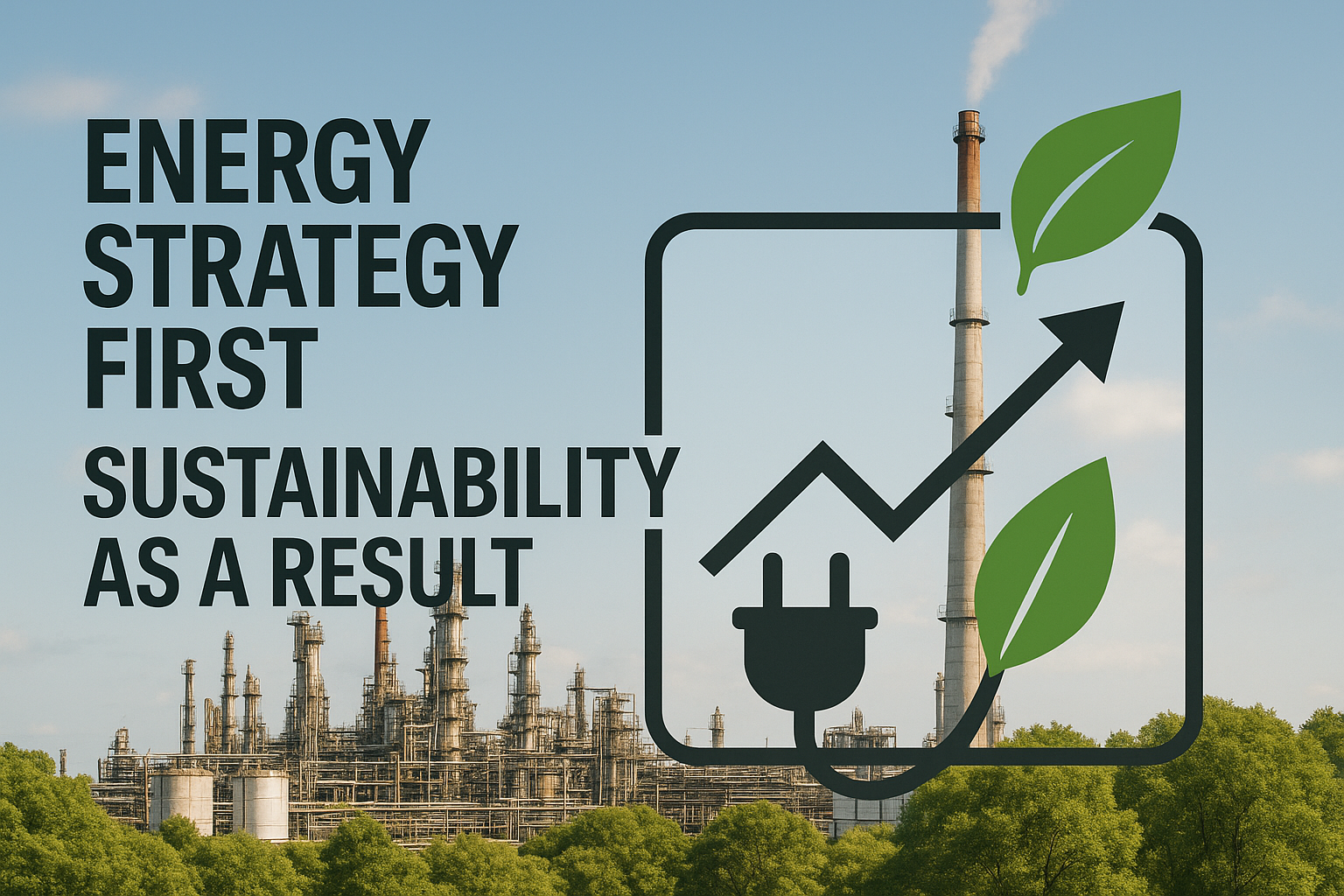By Dennis Rohe, Business Consulting Team Lead at Imubit
I recently had the opportunity to discuss closed-loop AI technology in process control with Mark Venables for an article in Connected Technology Solutions. That piece – titled “Can closed-loop AI truly deliver on its promise to revolutionise process control?” – explores the bold promises of this technology and doesn’t shy away from the tough questions. I’m thrilled to see this debate happening out in the open. For those of us passionate about industrial AI, having a public forum to weigh the potential against the challenges is incredibly exciting. It means the conversation is no longer limited to conference rooms or pilot projects; it’s reaching the wider community, inviting more voices and scrutiny.
In the article, I outlined how Imubit’s approach differs from traditional process control methods, and the discussion touched on everything from real-world results to concerns about scalability and trust. The very fact that an industry publication is asking “does it truly deliver?” signals that closed-loop AI has entered the mainstream discourse. This kind of transparent dialogue is exactly what our field needs to turn hype into lasting progress. Let’s look at why this conversation matters, and why now is the perfect time to have it.
Why the Debate Over Closed-Loop AI Matters
The article brings up the right questions at the right time. For those of us working at the intersection of AI and heavy industry, this moment signals that closed-loop AI is no longer just a niche innovation – it’s entering serious, cross-functional discussions. From early wins like Marathon Petroleum’s system-wide optimization gains, to the formal recognition by groups like ARC, to thoughtful concerns around trust and scalability – these conversations reflect real traction and real scrutiny.
The technology is maturing. And more importantly, the dialogue around it is maturing too.
That’s why this debate matters. It pushes us to evolve how we think about plant operations, optimization, and decision-making in the era of AI, not in theory, but in practice, and with real input from every side of the industry. It’s not just about validating the tech – it’s about evolving how we think about plant operations, optimization, and decision-making in the era of AI.
For those coming from traditional process control, these conversations may bring a mix of curiosity and caution. You might be wondering: where does this sit relative to DCS, APC, or MPC? Closed-loop AI doesn’t replace those layers, it builds on them. Think of it as an adaptive layer that learns from plant behavior and optimizes dynamically, much like a highly experienced operator who never tires.
And yes, if you’re thinking, “we’ve heard big promises before,” that’s fair. But what makes this moment different is the combination of real-world results, transparent discussion, and growing industry consensus. That’s why now is the right time to pay attention.
Confronting the tough questions: What makes this moment exciting is that we’re not shying away from the big questions, we’re leaning into them. The article surfaces important topics like scalability, transparency, and long-term reliability, not as roadblocks, but as opportunities for shared insight and forward movement. In the interview, I emphasized the need to demystify AI and work alongside process engineers to ensure solutions are grounded and trusted. Concerns like data quality or model drift are not setbacks, they’re invitations to build better systems together.
Closed-loop AI sits at the heart of a broader evolution in process control. It’s more than a new technology, it’s a shift in how we think about complexity, collaboration, and value creation. That’s why open dialogue is so powerful. By sharing what’s working, raising what’s unclear, and learning from each other, we gain the momentum to shape a more intelligent, adaptive, and scalable future for this industry.
Join the Conversation
The excitement around closed-loop AI isn’t just about the technology itself, but about the people driving it forward. I want to invite others in the industrial AI and process control community to join this conversation. Whether you’ve seen results, faced challenges, or are still forming an opinion, your experience matters.
Your voice is part of this transformation. Let’s challenge ideas, share what works, and move the conversation forward.
This public dialogue marks a pivotal moment – it means the industry is collectively deciding how we evolve process optimization and control in the age of AI. I’m optimistic and forward-looking about where this can lead. Yes, there’s hype, but there’s also genuine progress and a growing track record we can learn from. By engaging openly now, we can shape that progress thoughtfully. So let’s keep the debate alive. Let’s continue asking the hard questions and celebrating the wins. Closed-loop AI can transform process control, but only if we as a community steer that transformation together. I’m excited to be part of this journey, and I can’t wait to hear your experiences and perspectives as we push this field forward.
For those interested in the original article that sparked this discussion, check out Mark Venables’ piece in Connected Technology Solutions. It’s encouraging to see such conversations reaching a wider audience – and it’s up to all of us to keep them going.




